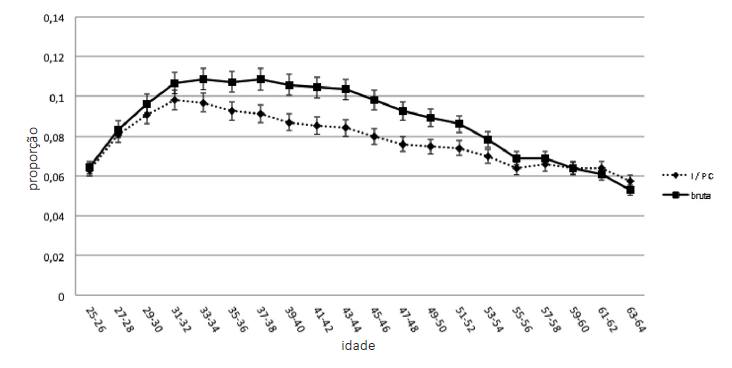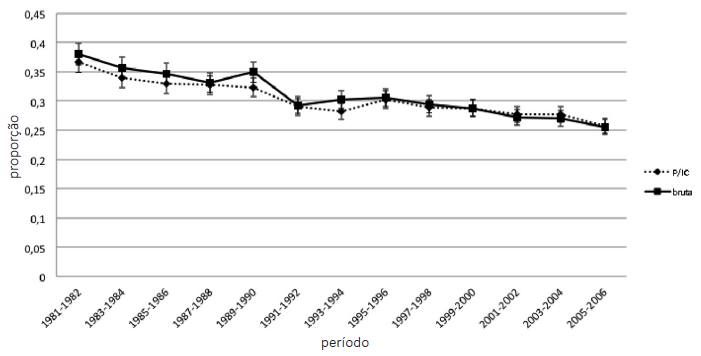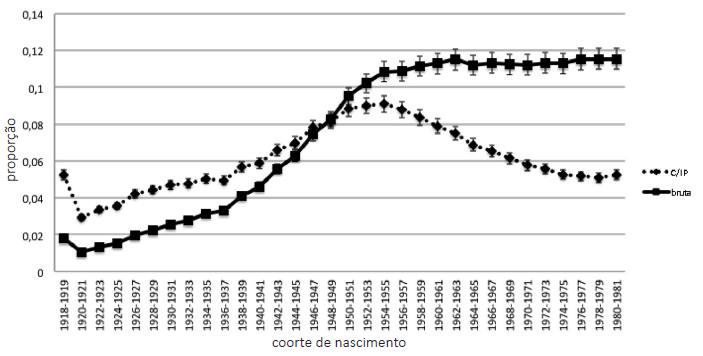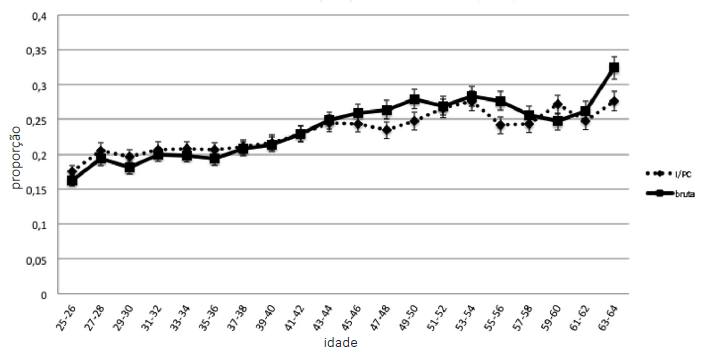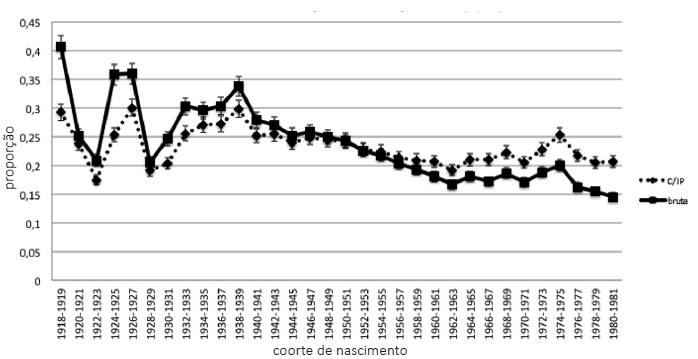Abstract
This paper studies trends in men's and women's entry into college and into the labor market for those with college diplomas between 1981 and 2006 in Brazil. Taking into account that these individuals were born between 1918 and 1981, since they were between 25 and 64 years old when interviewed, the analysis are also about the effects of birth cohort that were born since 1918. In order to verify the effects of period, cohort and age I use models that allow to untangle this three temporal effects. The main objective, however, is to analyze if the cycles of development and economic expansion (until the end of the 1970's) and the period of stagnation and crisis during the 1980's and 1990's relate to populational trends of entry into university and into the labor market for those with university degrees. The paper shows evidence of cohort and period effect and also of decline in gender inequality.
Keywords:
gender inequality; higher education; labor market

